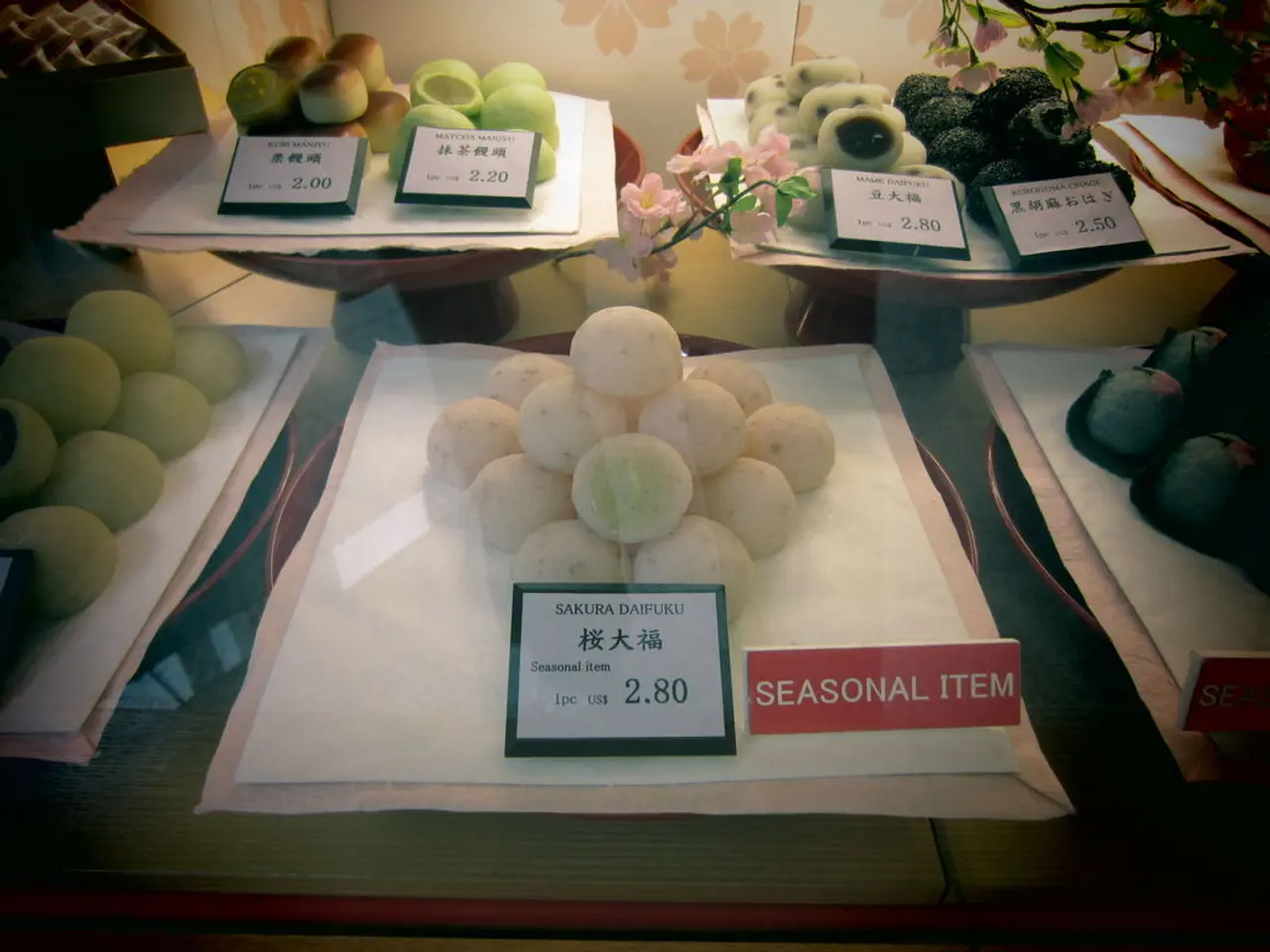Germany advocates for a more equitable Value-Added Tax (VAT) system
In the current economic climate, marked by a consumption crisis and retail struggling with poor business, low consumer mood, and real wages remaining stagnant at 2019 levels, the discussion surrounding taxation has taken centre stage. One proposal under consideration is the taxation of essential items such as salaries, houses, cars, gifts and inheritances, carbon emissions and fossil fuels, and staple foods. However, a value-added tax (VAT) on bread, butter, and broccoli could prove detrimental, making necessities more expensive and excluding those with low incomes.
A potential solution to this issue is an exemption from VAT on staple foods. Such a move would provide direct and immediate relief, with every purchase becoming cheaper and disposable income increasing. Spain temporarily exempted staple foods from VAT during an inflation crisis, and there was no outrage about the EU VAT system directive.
This exemption would come at a cost to the federal budget. Estimates suggest it would cost around 13 billion euros per year, with the total budget set to total 488 billion euros by 2025. During the corona crisis, the federal government reduced the VAT on food from 7 to 5 percent, and studies show that the vast majority of this reduction was actually passed on to consumers, despite the reduction being a crisis measure for only six months.
The argument for exempting staple foods from VAT is not just economically sound, but also morally justifiable. The current system disproportionately affects low-income individuals, with those earning less having to spend a larger portion of their income on food. This is unfair and economically counterproductive, as it hinders consumption and, in turn, economic growth.
Moreover, exempting staple foods from VAT could promote social justice and help the economy. Europe provides a clear example of how VAT reductions on staple foods can benefit consumers. The federal government should follow suit and exempt staple foods from VAT to demonstrate that it takes economic hardship and social concerns seriously.
Opponents of a VAT reduction fear that supermarkets could primarily benefit by pocketing the difference. However, it is unlikely that a retailer would use the tax exemption for higher margins in the German food retail sector, which is one of the most competitive in terms of prices for staple foods like bread and butter.
In conclusion, the federal government should reconsider its stance on VAT exemptions for staple foods. It is not only unfair but also economically counterproductive and hard to justify morally. By exempting staple foods from VAT, the government can demonstrate its commitment to addressing economic hardship and social concerns, and contribute to a fairer and more prosperous society.
If you're interested in learning more about climate, knowledge, and utopias, consider subscribing to TEAM FUTURE, a constructive newsletter sent every Thursday. For more insights on economic utopias and the potential reinvention of a tax system, visit a weekly magazine's website where author and economist Maurice Höfgen discusses these topics.
Read also:
- Understanding Hemorrhagic Gastroenteritis: Key Facts
- Stopping Osteoporosis Treatment: Timeline Considerations
- Trump's Policies: Tariffs, AI, Surveillance, and Possible Martial Law
- Expanded Community Health Involvement by CK Birla Hospitals, Jaipur, Maintained Through Consistent Outreach Programs Across Rajasthan







